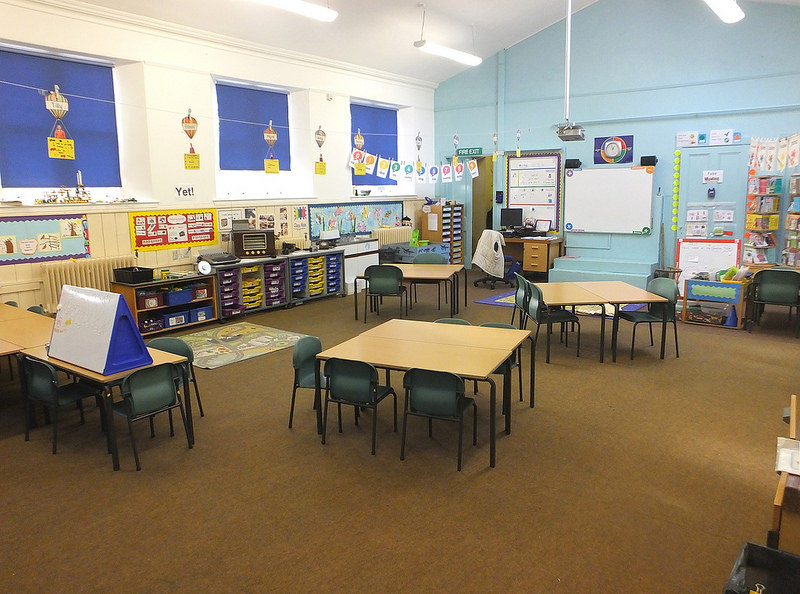| Imagine Utah without Karl G. Maeser Preparatory Academy. That’s probably easy for the vast majority of you, who likely never heard of the place. The same could be said for the Salt Lake Center for Science Education, Academy for Math Engineering and Science and Intech Collegiate High School. All four are charter high schools, and all ranked in the top 10 of best performing high schools in the state by U.S. News and World Report. |
| | I’m guessing the students at these schools wouldn’t want to imagine the state without them. Maeser was ranked No. 1, by the way. Nationally, that wasn’t unique. The magazine’s top three high schools in Arizona all were charters, and they were ranked as the top three overall high schools nationally, as well. Last week was National Charter School Week. It’s worth pausing and noting how these unique versions of public schools, cast in controversy from the start and, to a large extent, existing in controversy to this day, have changed the landscape. I’m not naïve enough to think I’ll end those controversies in one column, nor am I saying there isn’t room for some reform in how charters are governed (as well as in how traditional schools are governed). But I am saying that choices are good. That shouldn’t be a stunning statement in America, where people generally understand how choices benefit everything from cell phone plans to churches. For some reason, when it comes to schools, choice becomes a fighting word. Not all charters are as successful as Maeser. Some have failed. Two years ago, two such schools closed their doors within days of the beginning of the school year, traumatizing parents and students. But failure is an interesting concept in public education. It isn’t always tied to a school’s finances. When a traditional public school fails to adequately instruct its students, earning a low grade on state assessment tests, for instance, that school continues to operate, often with little adverse publicity. In those cases, the trauma tends to be delayed. By the same token, choice can be a difficult concept to measure. Critics often point to studies that show students in charter schools score about the same on tests as their counterparts in traditional public schools. This is true, but it masks the whole story. I admit to a conflict in this discussion. Years ago, one of my sons — now a college-educated adult in a successful career — was struggling in a traditional school. My wife and I decided to enroll him in a charter school. He thrived. He gained a love of learning, earned an associate’s degree at the same time he graduated from high school and was accepted to a good university. He performed about as well as a good student in a regular high school, which is to say he wouldn’t have skewed those results that show charters performing about the same as regular schools. But try quantifying how important the choice was for him. We have other children who thrived in regular public schools and entered successful careers, as well. That doesn’t diminish the value of choices. While we’re contemplating charters, it’s worth noting that the state’s charter schools, collectively, receive more funding for special education students than any district in the state, which is a direct result of enrolling more such students, according to a document prepared for the 2016 Legislature. They also are about as diverse as the neighborhoods in which they exist. Maeser, for instance, has 23 percent minority enrollment, and 9 percent economically disadvantaged students. I mention this only to dispel some common myths about charter enrollment and, undoubtedly, to stoke the fires of controversy. But let’s face it, that controversy seems a bit silly in the context of how poorly American students perform in relation to kids in other developed countries. The Programme for International Student Assessment found last year that American students continue to finish behind those in many other industrialized nations in math and science. Other tests, such ones administered by the National Assessment of Educational Progress, show math and science scores declining slightly. Charters alone won’t help that situation. But letting go of the traditions and ideological bunkers that fuel a lot of the controversies around them would be a good start. So would an honest study of what makes Maeser and some other charters so successful. |


 RSS Feed
RSS Feed

